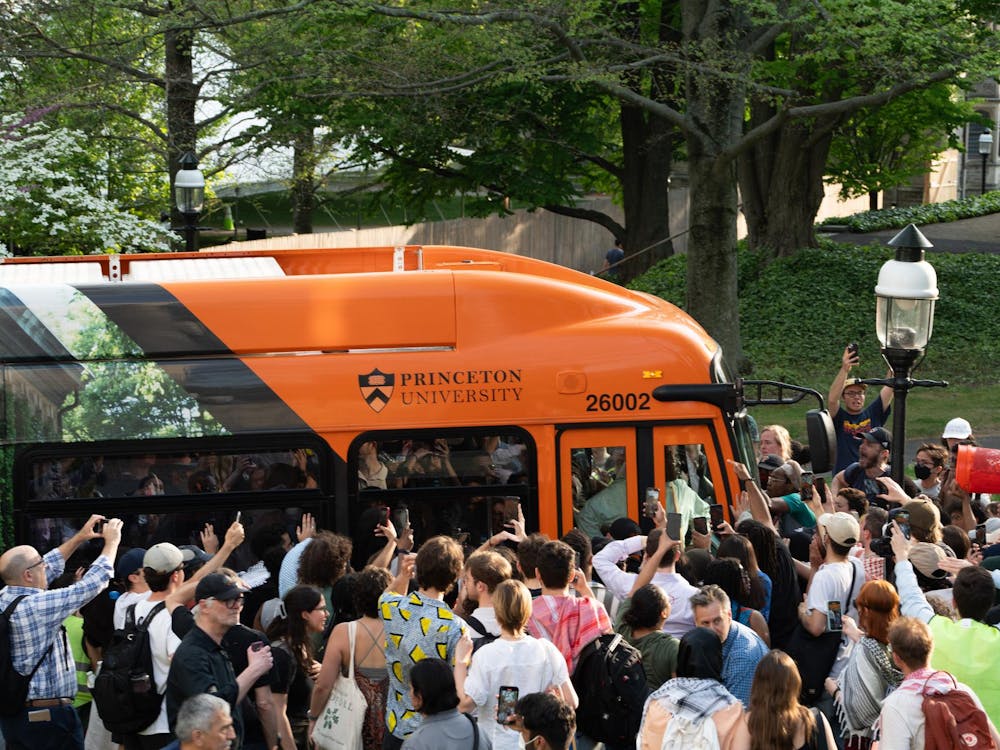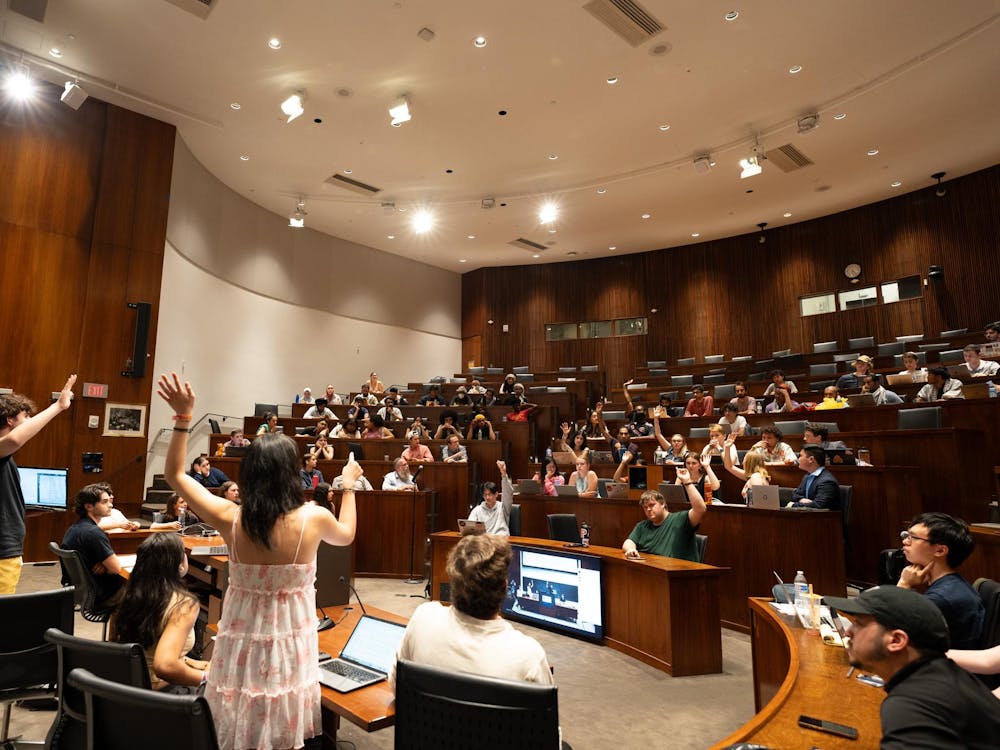Just a week ago, New Jersey’s very own Cory Booker announced his bid for the presidency with an energetic video titled “We Will Rise.” And he is not the only one — as 2020 approaches, many other Democratic candidates are also gunning for an opportunity to challenge Trump in the next presidential election.
Booker thus joins a unique Democratic field, one in which the sheer diversity of the candidates’ identities and backgrounds is incredible. And while Democrats should take pride in showcasing such diversity in the primaries, it should not cloud their judgment. It is imperative that voters make their decisions based on candidates’ substantive views on policy making — not the identity or group that the candidate purports to represent.
Voting for politicians solely because they share some aspect of our identities or backgrounds is, simply put, poor decision-making. Although it is true that such a candidate may better understand the experiences and struggles that accompany certain backgrounds and characteristics, that comprehension does not automatically translate to tangible commitment to resolving those same struggles at hand. What may seem like the right rhetorical and visual choice may not necessarily lead to positive changes.
This truth has been empirically shown in various elections. Cory Booker — one of the projected front-runners for the Democratic party — has experienced this dissonance firsthand. In the 2002 Newark mayoral elections, he lost, in part because his opponent, Sharpe James, who is also African-American, cast him as ‘not really black’ or ‘not black enough’ to know the challenges of living in Newark. These rhetorical claims gained traction, overshadowing the fact that as an incumbent, James had been extremely corrupt.
Such questions about identity are almost guaranteed to garner just as much, if not more, attention in the upcoming Democratic candidates’ race to the top. Five women have already announced their bids, and many of them show strong numbers in the polls. An openly married, gay candidate named Pete Buttigieg has also set up an exploratory committee. A Latino candidate and an Asian-American candidate have also set up platforms.
And while divisive controversy has yet to emerge, signs of nasty battles ahead are already beginning to surface. For example, many critics have raised Kamala Harris’s controversial record as a prosecutor. I believe that record should be the sole criterion for questioning her level of commitment to criminal justice reform. Unfortunately, her romantic life has attracted the same level of scrutiny. Some pundits have claimed they are less willing to vote for Harris due to her alleged “affair” with Willie Brown, and attention has been paid to her marriage to a white husband.
Centering debates over presidential candidates on identity and, by extension, whether someone’s lived experiences as a member of that identity are ‘legitimate,’ would only disregard the rational assessment of candidates’ platforms.
By nature, we tend to be attracted to people who are more “familiar” to us or those who are more “like us.” But when it comes to elections — especially presidential elections — we must remember that the candidate we choose will determine the general direction of almost all policies over the next four years. If you think that the future is important, it is necessary to vote after a thorough reading of a candidate’s voting records and proposed platform, instead of whether that candidate is ‘really black’ or ‘actually one of us.’
As an Asian, I would love to see an Asian-American giving the State of the Union address someday. Nonetheless, I wouldn’t automatically vote for the Asian-American candidate in this election. Instead, I would dedicate my attention to the tangible policy platforms of each candidate, then make a rational and civically responsible decision. You should do the same.
Jae-Kyung Sim is a first-year from Sejong City, South Korea. He can be reached at j.sim@princeton.edu.









